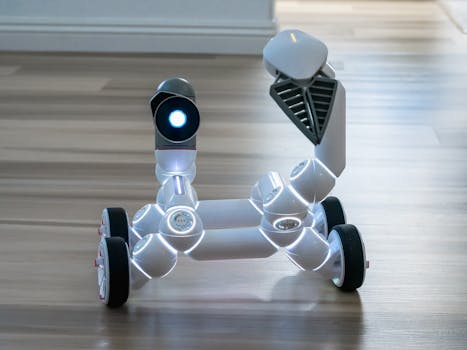
Home Automation in 2025: The Smart Home Ecosystem
Home Automation in 2025: The Smart Home Ecosystem is revolutionizing the way we live and interact with our homes. With the rise of the Internet of Things (IoT), smart home devices, and artificial intelligence (AI), our homes are becoming more connected, efficient, and convenient.
Introduction to Home Automation
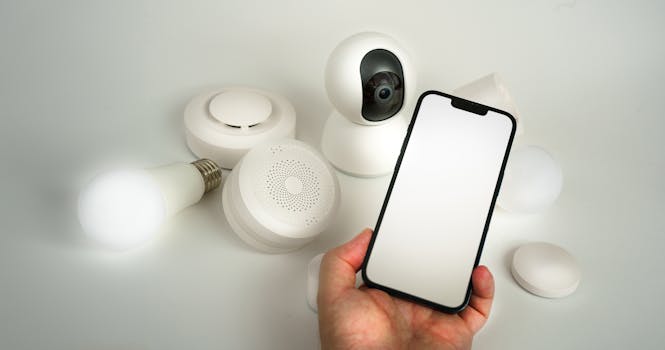
Home automation refers to the use of technology to control and monitor various aspects of our homes, such as lighting, temperature, security, and entertainment systems. The goal of home automation is to create a comfortable, safe, and energy-efficient living space that can be controlled remotely or automatically.
Smart Home Devices and Systems
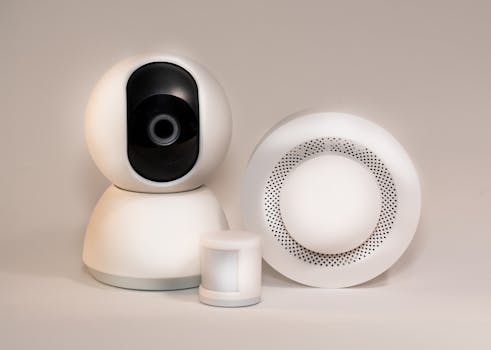
There are many smart home devices and systems available in the market, including voice assistants, smart thermostats, security cameras, door locks, and lighting systems. These devices can be controlled using a smartphone app, voice commands, or a smart home hub.
Some popular smart home devices include:
- Amazon Echo and Alexa
- Google Home and Assistant
- Apple HomeKit
- Smart thermostats like Nest and Ecobee
- Security cameras like Ring and Nest Cam
Benefits of Home Automation
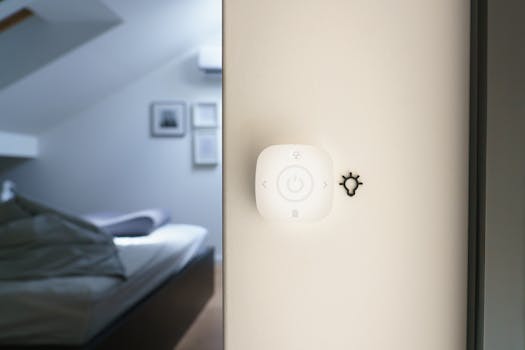
Home automation offers many benefits, including:
- Energy efficiency: Smart thermostats and lighting systems can help reduce energy consumption and lower utility bills.
- Convenience: Smart home devices can be controlled remotely, making it easy to manage our homes from anywhere.
- Safety: Security cameras and door locks can provide an added layer of security and peace of mind.
- Comfort: Smart home devices can be programmed to create a comfortable living space, with optimal temperature, lighting, and entertainment settings.
Future of Home Automation
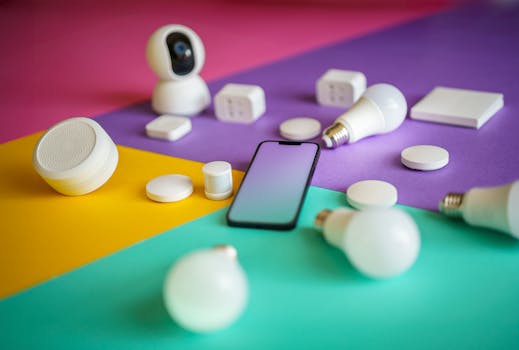
The future of home automation is exciting and rapidly evolving. With advancements in AI, IoT, and machine learning, we can expect to see even more innovative and integrated smart home devices and systems.
Some trends to watch in the future of home automation include:
- Increased use of AI and machine learning to improve smart home device functionality and automation.
- More emphasis on energy efficiency and sustainability, with the development of smart home devices that can optimize energy consumption and reduce waste.
- Greater integration of smart home devices and systems, with more devices and platforms working seamlessly together.
Conclusion
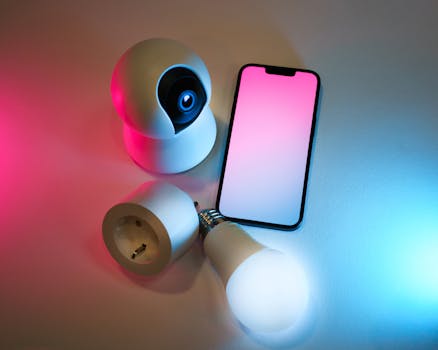
In conclusion, home automation in 2025 is all about creating a smart home ecosystem that is convenient, efficient, and safe. With the rise of IoT, smart home devices, and AI, our homes are becoming more connected and integrated, making our lives easier and more enjoyable. As technology continues to evolve, we can expect to see even more innovative and exciting developments in the world of home automation.



